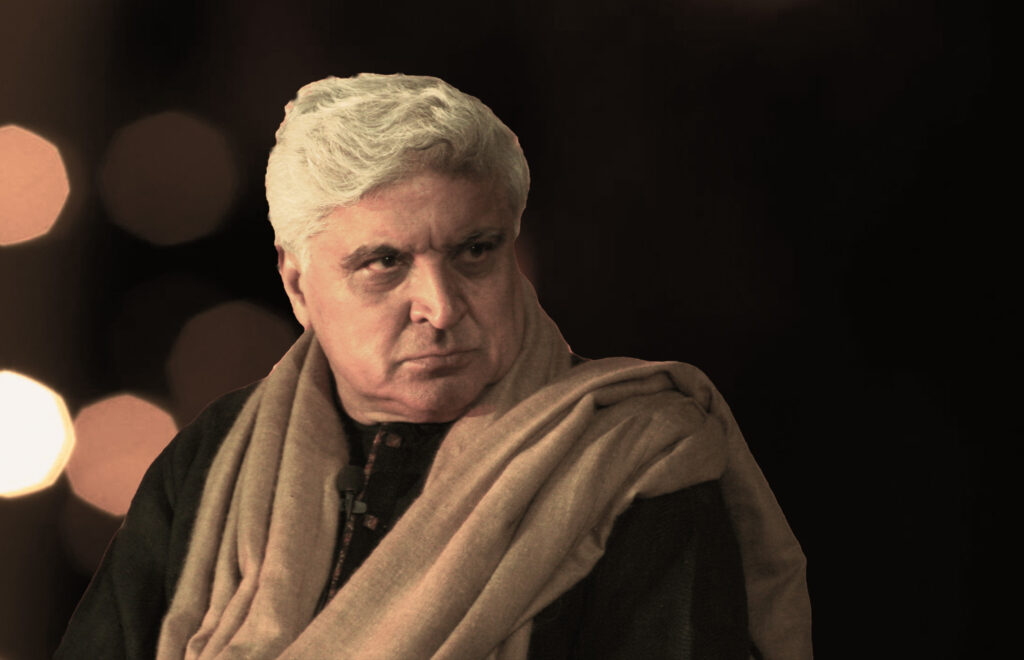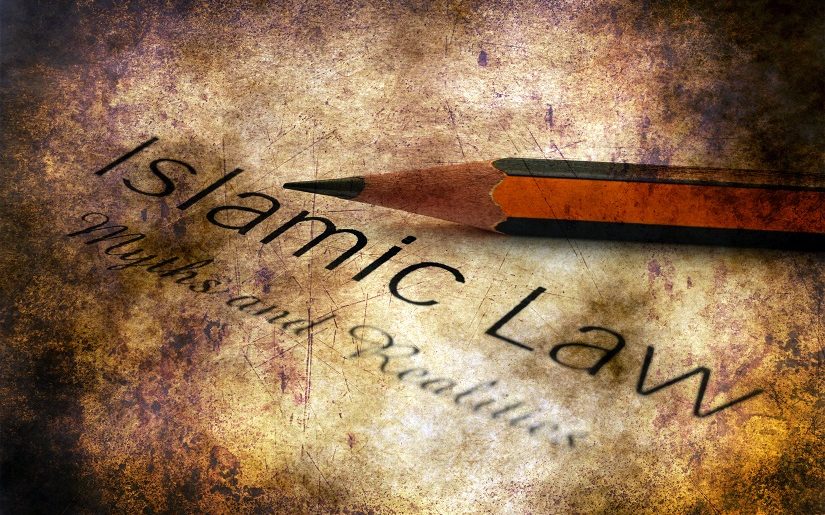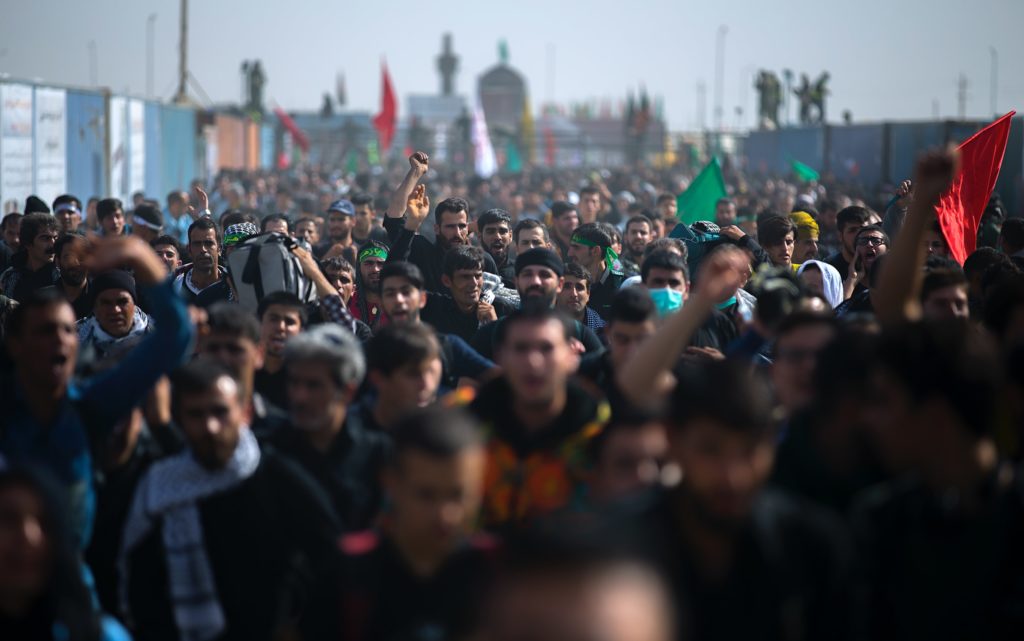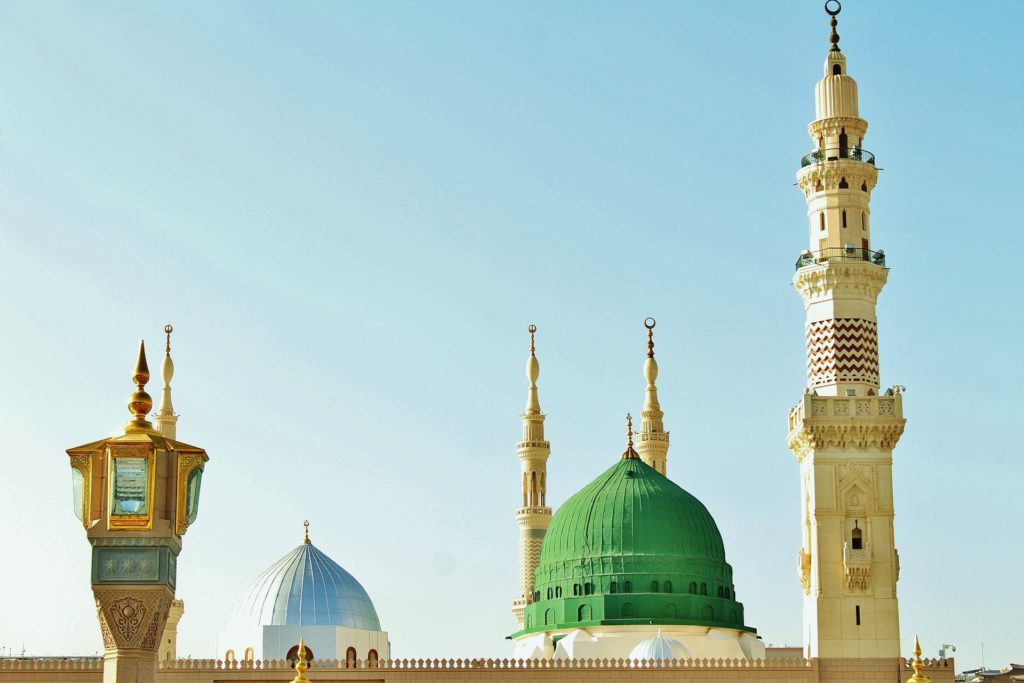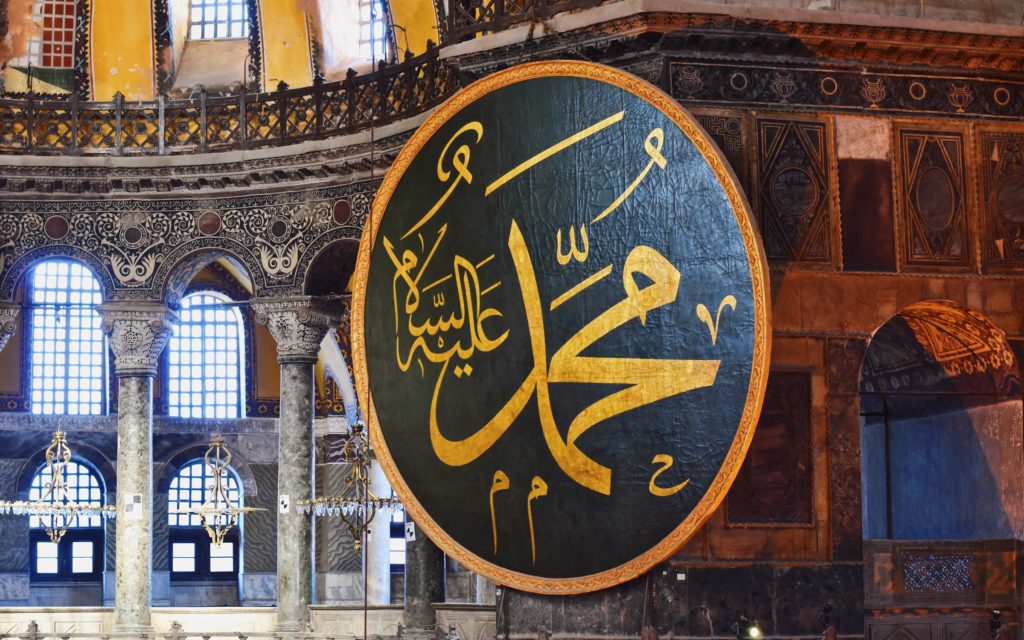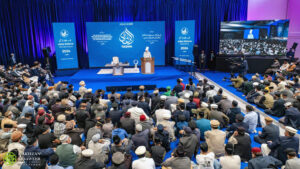ARTICLES
The Ahmadiyya Khalifa urges Ahmadi Muslims to engage in prayers and preparedness amid escalating global tensions.
Opinions often surface branding the hijab as a symbol of oppression. Here, we respond to a recent Newslaundry article, challenging the narrative that Muslim women require ‘liberation’ from their choice to wear the veil.
If God is an epitome of love, why should we fear Him? The Ahmadiyya Khalifa explains the Islamic concept of righteousness, highlighting how true love inspires a fear of displeasing the beloved.
Islamic teachings provide essential principles for living in a society, addressing the political, social, economic, cultural, and religious aspects of human life.
Postpartum depression is a common yet often overlooked challenge that many new mothers face. Understanding its impact and finding effective coping strategies are essential for both maternal well-being and healthy parenting.
Ahmadiyya Khalifa explains the Islamic concept of religious evolution which occurred in parallel with the cognitive and social development of man.
While Akhtar blatantly characterises all religious people as mentally ill, his statements reveal that he is suffering from the very delusion he seeks to find in others.
Amidst the polarised debates that either advocate for or entirely reject abortion, Islam offers a balanced and logical perspective, respecting the rights of women and the sanctity of potential life.
Ahmadiyya Khalifa explains how important it is for parents, in today’s digital age, to monitor the programmes their children watch and ensure they do not have excessive screen time.
Contrary to the common belief that Adam(as) was forbidden to approach a physical tree, a study of the Quranic verses reveals that the command addressed a concept of much greater significance.
The virtual world of the internet is connected with the actual world in both ways. It reflects as well as influences how humans behave in the real world.
Islam envisions the world in the form of a pluralistic ecosystem. Hence, enacting shariah law becomes impossible even in countries with Muslim majorities, let alone the multireligious nations and societies.
In around 770 AD, an embassy from India, including an astronomer, visited the then Abbasid Caliph Al-Mansur in Baghdad. The meeting was to open up an avenue for a fruitful interaction between India and the Arab world.
Remembering Karbala holds special significance for Muslims. But, is recreating the physical torture Imam Hussain (ra) and his followers went through the true way of commemoration?
A drive through rush hour traffic, a bad day at the office or reading irate tweets on social media can all induce our anger. As the incontinent expression of rage can have damaging outcomes, we ought to control our anger in such situations.
Conflict being an inevitable characteristic of human society, a course to peace can only be charted when man imbibes the noblest of moral virtues.
There is a growing trend of portraying Muslim women practising hijab as ‘oppressed’ while their voices that claim otherwise are purposefully undermined.
No matter how challenging the circumstances and how severe the hardships are, those who are determined to strive for the cause of God never retreat.
Ahmadiyya Caliph explains how water stress is driving terrorism and draws the attention of world leaders towards curbing the issue.
An account of the noble character of the Holy Prophet(sa) of Islam through opinions and views of revered personalities of India.







